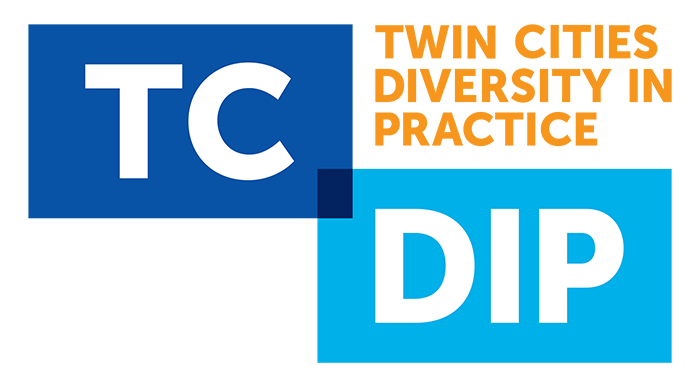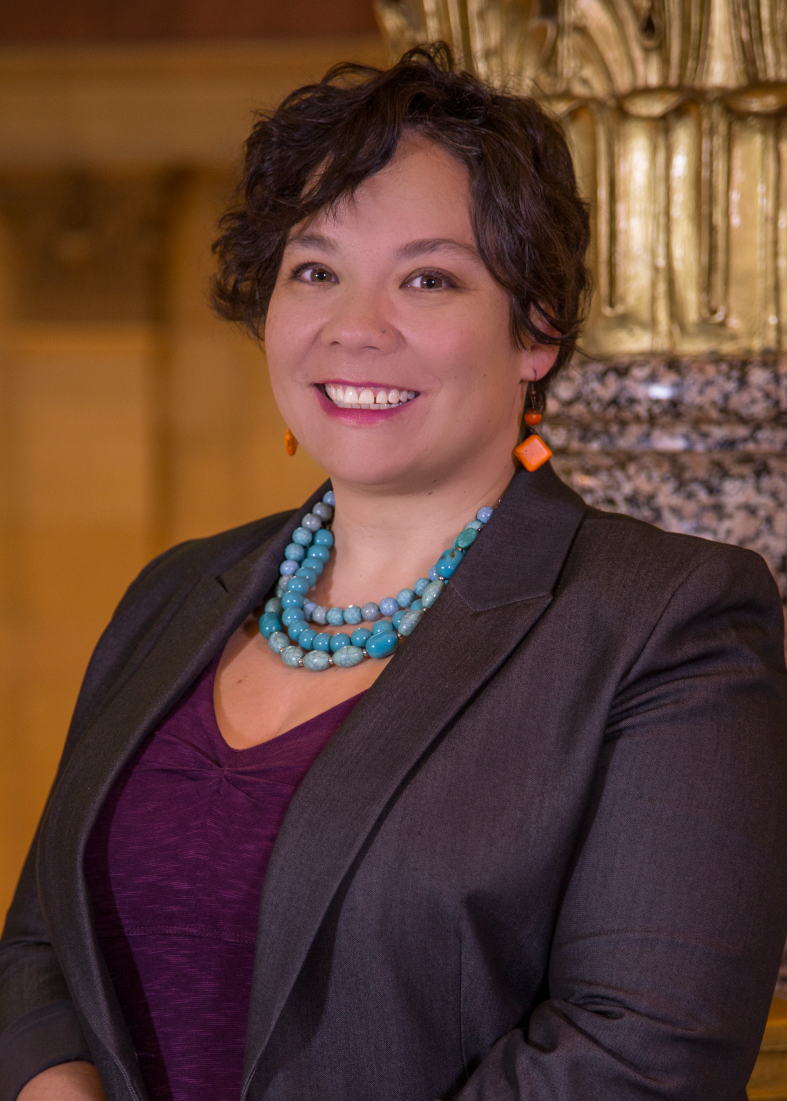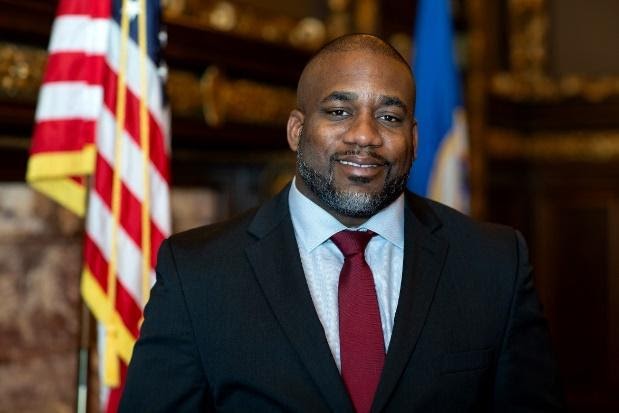|
WILD Conversation: What’s a Consent Decree and How Will it Impact Public Safety Reform?
Thursday, July 07, 2022, 8:30 AM - 10:00 AM CDT
Category: WILD Events
Following its 2-year investigation, the Minnesota Department of Human Rights (MDHR) released its findings in April 2022 that announced the City of Minneapolis and the Minneapolis Police Department (MPD) engage in pattern or practice of race discrimination in violation of the Minnesota Human Rights Act. MDHR will work alongside the City to develop a consent decree, a court-enforced, legally binding agreement, to ensure reforms within the MPD. Join WILD for a webinar on Thursday, July 7th from 8:30am - 10:00 am to learn more about the findings of the MDHR investigation, the consent decree process, and the potential impact on public safety reform. We’ll have an engaging conversation with experts, including:
The discussion will be moderated by Lucas Kaster, attorney at Nichols Kaster. Panelists
On January 3, 2019, Governor Walz and Lieutenant Governor Flanagan appointed Rebecca Lucero to serve as the Commissioner of the Minnesota Department of Human Rights. Born and raised in Albuquerque, New Mexico, Rebecca has spent her life fighting to end racism and transform policies that lead to structural inequities. She strives to lead her life with an intersectional lens, honoring complex identities. Before her appointment as Commissioner, Rebecca worked in public policy and civil rights law, working to create a more just and joyous world. She worked at the Minnesota Council of Nonprofits, Twin Cities Habitat for Humanity, and for U.S. Congressman Keith Ellison to change the law, systems, and structures that cause institutional inequities. As an attorney, she worked as a civil rights lawyer in private practice, as an administrative law judge, and for the Legal Aid Society of Minneapolis. Rebecca earned her Bachelor’s degree from Grinnell College, and her law degree from the University of Minnesota Law School, with a focus in employment law.
Rachel Moran is an associate professor and founder of the Criminal and Juvenile Defense Clinic at the University of St. Thomas School of Law. The 2020 graduating class selected her as the law school’s Professor of the Year. Moran focuses her scholarship on issues pertaining to police accountability, policing reform, and public access to records of police misconduct. In 2019 she was named a Bellow Scholar, a biennial national recognition for clinical professors engaged in empirical research that has significant potential to improve the quality of justice. Her articles have appeared in the Boston College Law Review, UC Irvine Law Review, Washington Law Review, Cardozo Law Review, Villanova Law Review, and Buffalo Law Review, among others. Her work has also been cited in CNN, The Economist, Vox, Bloomberg News, and many other media outlets.
This program is open to the public. Register below! |

 Prev Month
Prev Month View Month
View Month Search
Search Go to Month
Go to Month Next Month
Next Month
 Rebecca Lucero, Commissioner,
Rebecca Lucero, Commissioner,  Rachel Moran, Associate Professor of Law,
Rachel Moran, Associate Professor of Law,  Justin Terrell, Executive Director,
Justin Terrell, Executive Director, 
 Export Event
Export Event